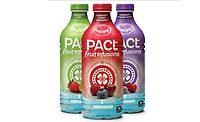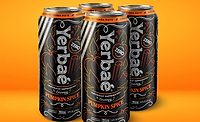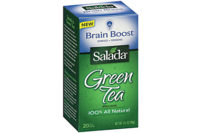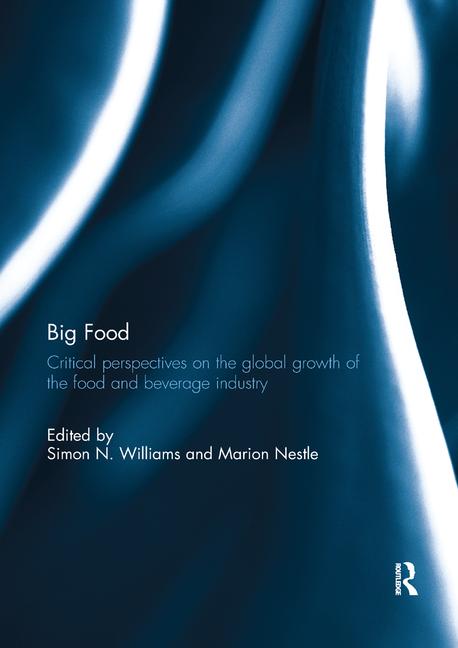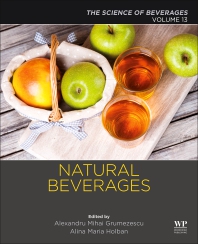Growth of functional beverages increases use of cognitive health ingredients
Omega-3s, citicoline, B vitamins among beverage ingredients popular in cognitive health products
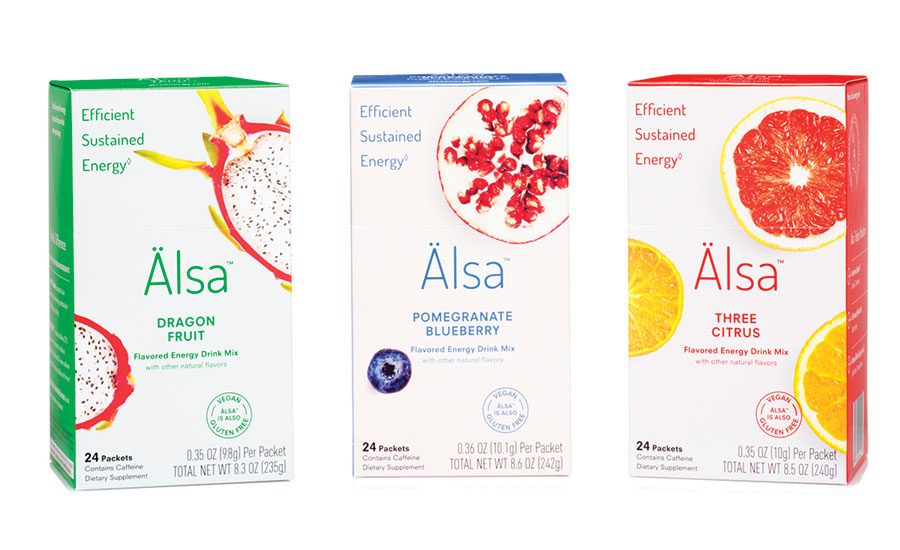
Kyowa Hakko offers Cognizin Citicoline, an ingredient proven in clinical studies to benefit cognitive health, the company says. Älsa, an energy-enhancing drink mix, contains Cognizin Citicoline, as well as B vitamins. (Image courtesy of Älsa)

Imbibe’s Laura Klibanow highlights green tea as one common ingredient used to benefit cognitive health. (Image courtesy of ChaiElixir LLC)
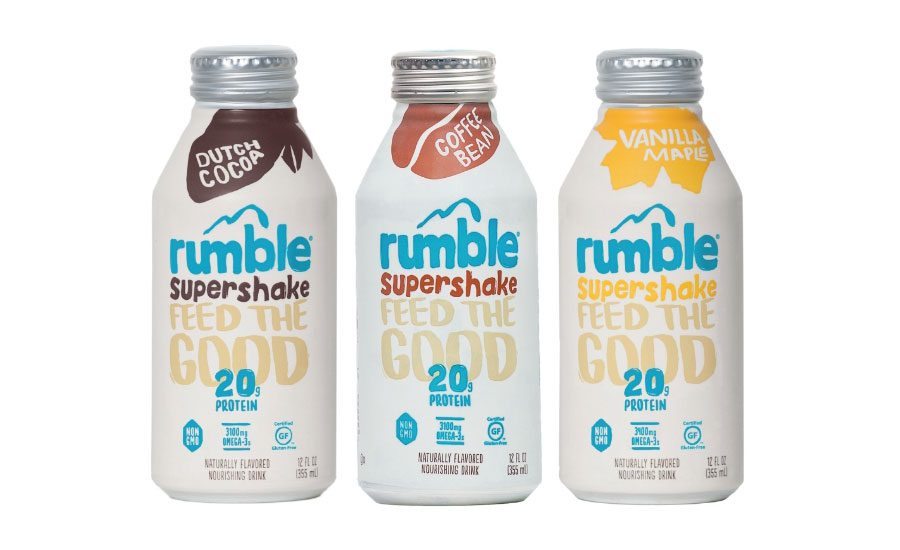



When Albert Einstein died in 1955, Thomas Harvey, a pathologist at the hospital where the famous inventor died, was so curious about the brilliance of Einstein’s brain that he stole it for his own studies. Human curiosity about the complexities of the mind has never ceased; however, with time and technology, unprecedented research and knowledge has been gained about the human brain. To support this, more consumers are turning to consumer packaged goods (CPGs) that pay special attention to their cognitive health.
According to experts, the growing interest in functional beverages is one of the main driving factors for beverages that boast cognitive health benefits. “[Consumers are looking for a] variety of functional benefits that address specific need states — everything from energy, alertness, improved focus, mental clarity, relaxation, sleep-aid and the list continues to grow,” says Laura Klibanow, marketing director at Niles, Ill.-based Imbibe, product development company that focuses on beverage. “Consumers want functional benefits without having to compromise on taste. They expect to have a great-tasting beverage that also supplies them with the [added value] of a nutraceutical.”
Volker Berl, chief executive officer and co-founder of Montvale, N.J.-based Oceans Omega, echoes similar sentiments. "Consumers are looking for new ways to supplement their daily intake of vitamins, minerals and other health ingredients, and functional beverages serve this purpose," he says. "There is a big trend in, and high demand for, functional foods and beverages that offer a multitude of health benefits, and cognitive health ingredients are no exception."
This growth of functional beverages is closely linked to the demographics of the market. Experts note that millennials are one driving factor for these products, also highlighting that this demographic is expanding the market for cognitive health beverages.
“We see a growing trend in functional beverages toward the younger age, millennial population who are looking for beverages that are geared toward focus and attention,” says Elyse Lovett, marketing manager at New York-based Kyowa Hakko. “…Demographics play an important role when using cognitive health ingredients. The younger generation is looking for products geared toward focus and attention, while the older population is looking for products geared toward memory and recall.”
Additionally, Robert Tomeo, manager of market research at Parsippany, N.J.-based DSM Nutritional Products Inc., notes that these products also are growing in popularity as traditional cognitive-health consumers age. “Populations in many countries, including the U.S., are aging,” he says. “This is the result of decreasing mortality and, more importantly, declining fertility.
“Globally, the percent of people over 60 [years old] will increase from 12 percent to 21 percent in 2050,” he adds, citing a 2013 world population aging report.
He also notes that beverages already occupy significant space in the cognitive health market. “According to Mintel, in the years 2009-2013, beverages were the Top 5 of products launched globally with a brain/nervous system claim,” he says.
However, the growth of functional beverages is not the only trend impacting cognitive health products. “There has been increasing attention paid to cognitive health for all applications,” says Matt Phillips, chief commercial officer at Irvine, Calif.-based Nutegrity. “For certain end benefits within the category — in particular mental focus and clarity — there is a natural consumer association with beverages. …Another cognitive beverage trend, while still in initial growth phase, are ingredients to help with mental calm and relaxation. …Consumers are looking for products that can help them calm their busy and overly stimulated minds.
“[Yet another] emerging trend within cognitive health is the Nootropic ingredient category — the ingredients grouped into this category are vast and range from well-known, well-studied supplements like omega-3s to newer ingredients,” he continues. “It’s a category experiencing growing consumer interest and new product launches. The increasing demand in this category could move it toward mass awareness and open the door — and the market demand — for newer, innovative product offerings in the cognitive space in a variety of delivery formats.”
E=MC2
Einstein is most famous for his formula to calculate energy. However, when using the formula, one must include the correct figures and calculate accurately, not unlike the way a beverage formulator must find the correct ingredients and calculate the accurate ratio of ingredients for a beverage formulation. Consumers continue to demand ever-increasing benefits from beverages, and cognitive health beverages are no exception. Luckily for formulators, a variety of ingredients offer these benefits.
“There are a large number of ingredients associated with various cognitive health benefits, so it depends on what end-result is being targeted,” Nutegrity’s Phillips says. “Some of the more common and well-established ingredients in the category include omega-3s (DHA and EPA), ginkgo biloba, phosphatidylserine, antioxidants and resveratrol.”
DSM’s Senior Technical Marketing Manager Todd Katz highlights the benefits of DHA omega-3 for functional beverages. “Long Chain Polyunsaturated Fatty Acids (PUFAS), specifically the omega-3 docosahexaenoic acid (DHA) sourced from fish or algae, offers proven benefits in terms of brain development and brain memory function,” he says. “Maintaining moderately high serum DHA concentrations helps maintain normal cognitive function. In addition, there is emerging science showing an important role of lutein and zeaxanthin in vision, including night vision and cognition.”
However, he adds that processing, serving size, dose and distribution all should be considered when formulating with omega-3s, highlighting that DHA is sensitive to light, heat and trace metals. The company offers DHA sourced from fish or algae as well as lutein and zeaxanthin extracted from marigold flowers. “We also provide custom premixes, which may include choline and B12,” he adds.
Oceans Omega's Berl further explains the benefits of omega-3s for cognitive health. "The two forms of DHA in the body are lipid-bound DHA and unesterified DHA," he says. "These two forms of DHA impact signal transduction and neurotransmission in the brain, as well as regulate gene expression and neurogenesis, respectively. ... DHA is a critical ingredient in cognitive development early in life, as well as prevention of decline in cognitive ability with aging."
Oceans Omega offers omega-3 ingredients that can be incorporated into a variety of single-serve and multi-serve products, according to Berl.
Imbibe’s Klibanow adds that green tea, green coffee extract, guarana, ginseng, B vitamins, yerba mate and ashwagandha are other ingredients commonly used in cognitive health beverages.
Supporting beverage-makers cognitive health aspirations, Kyowa Hakko offers its branded ingredient Cognizin Citicoline. A brain nutrient that helps focus and attention, citicoline is supported by clinical studies, is soluble, stable and has GRAS status, Lovett explains.
Nutegrity’s Phillips notes that the ingredient supplier offers a range of solutions for cognitive health beverage formulations, which include OmegaPure, an aqueous omega-3 EPA/DHA delivery system that is clear and shelf-stable; OmegaActiv, a sustainably certified line of omega-3s for supplements; Rimfrost Krill oil, which offers high phospholipid levels; CocoaNol, a cocoa flavanol ingredient that might support an enhanced mood, calmness, endocrine stress activity and cognitive testing; Novusetin, which contains the bioflavanoid Fisetin that supports the body’s antioxidants; and Euro Black Currant, a berry extract that provides enhanced levels of anthocyanins.
Einstein once said, “Anyone who has never made a mistake has never tried anything new.” And this is true for beverage formulators looking to offer new, innovative products. For cognitive health beverages, in particular, beverage formulators must innovate to overcome several challenges that arise when bringing a new cognitive health beverage to fruition.
“There are many important factors to consider when formulating a beverage with a functional claim,” Imbibe’s Klibanow says. “Every functional ingredient will pose unique considerations. For instance, vitamins and some minerals used in cognitive health beverages are prone to degradation. In order to ensure functionality throughout the shelf life of the product, overages are included in the formula to account for such degradation.
When formulating with ‘natural’ ingredients that can have variability across lots, such as juice or green coffee extract, the product may need to be fortified with the key vitamins and minerals inherent in the ‘natural’ ingredient to ensure claims are met,” she continues. “In some cases, the active components are standardized by ingredient suppliers in order to yield consistent nutritional values across lots.”
She notes that it is best to understand the functional and marketing claims that a brand wants to make in order to develop a formula that satisfies those claims. “You can save a lot of time and resources if you get your marketing and product design focus aligned early on in the development process,” she adds.
Nutegrity’s Phillips adds that organoleptic issues and the cost of adding efficacious dosages to beverages also are challenges when formulating beverages with cognitive health ingredients.
Innovating the future
As consumers continue to demand more from their CPGs, innovation will be essential for beverage-makers looking to formulate functional cognitive health beverages. “The cognitive health beverage market is a fairly new market so there is room to introduce new products into a market that is not yet saturated,” Kyowa Hakko’s Lovett says.
Nutegrity’s Phillips adds: “The market is just beginning to gain traction for these products and the future could see impressive growth with innovative formulation and ingredients in a variety of liquid formats, such as shots, beverages, tinctures, liquid concentrates, etc. I think we’ll see that the companies who invest in this category early will have a considerable advantage and be well-positioned to succeed.”
Experts also note that the sports drink category likely will benefit from cognitive health ingredients. “Sports beverages are another great category for cognitive health ingredients, concentrating on that focus and attention aspect of sports,” Kyowa Hakko’s Lovett says. “…There is definitely a growing market for functional beverages with brain health ingredients. I think we will see more sports nutrition beverages using these types of ingredients in their products, [gearing them] toward athletes for that focus and attention aspect.”
Nutegrity’s Phillips echoes similar sentiments. “Sports beverages are another ideal category for omega-3 ingredients in particular. There will be a growing demand for omega-3s in relation to cognitive health within the sports industry, and beverages would be a natural format fit with this market.”
Looking for a reprint of this article?
From high-res PDFs to custom plaques, order your copy today!




